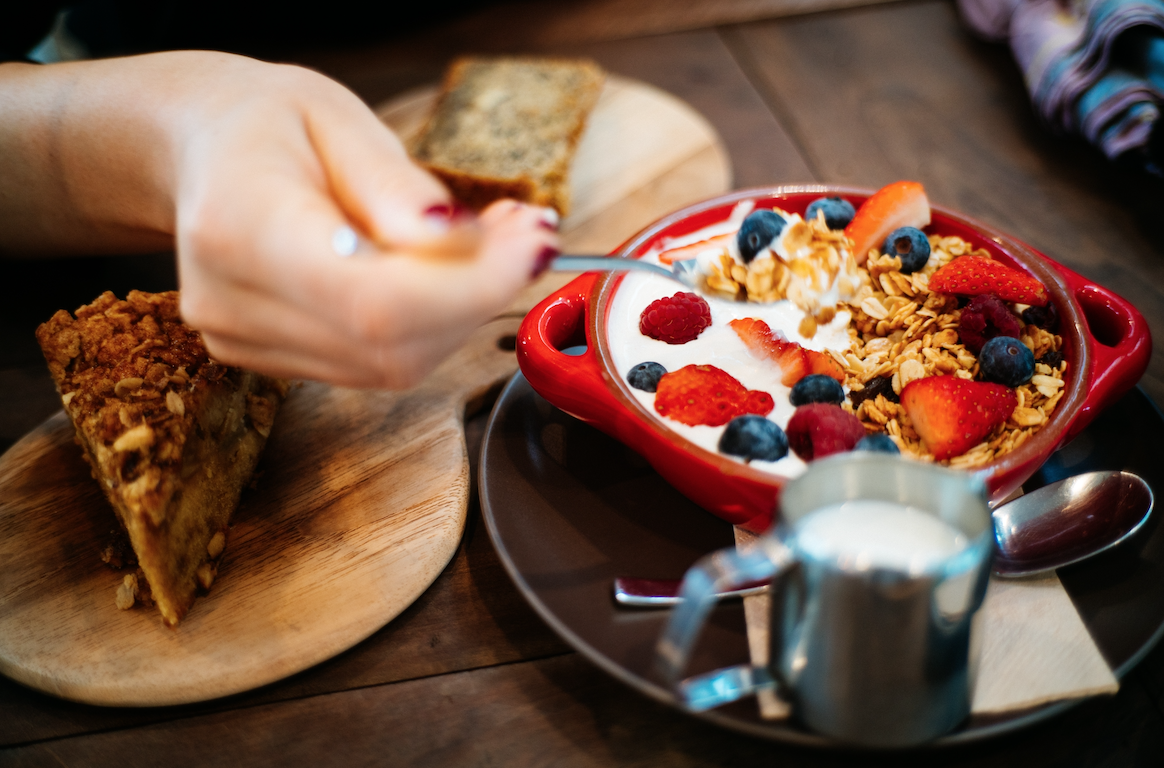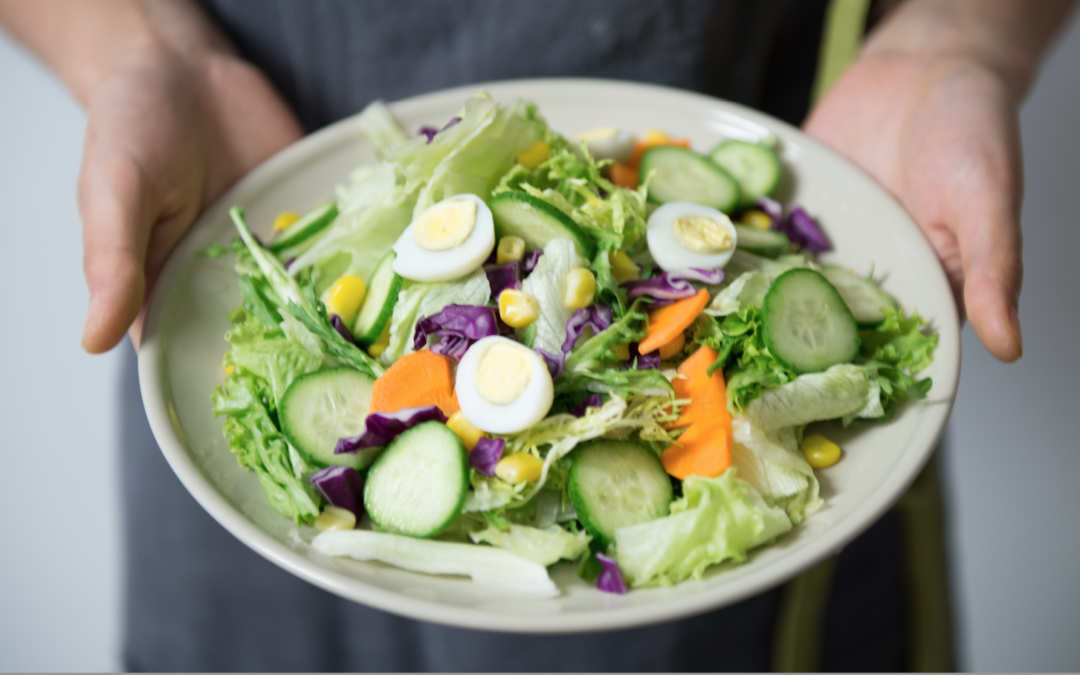
If you’ve been making the rounds on social media, it’s likely you’ve seen a proliferation of posts about gut health hacks. Under hashtags #guttok, #guthealing and #guthealth, these videos and stories of health transformation have already raked in more than a billion views.
Some push for taking olive oil shots. “Don’t be afraid of those healthy fats,” says username @ivyguice in a caption, claiming olive oil helped heal her gut. Around the same time, aloe vera became viral. “Aloe vera will have your skin glowing and your gut happy,” says a user as she whips up an aloe vera smoothie in a video that’s been streamed more than 160,000 times. And there’s more, endless content to wade through. Keep scrolling and you’ll find influencers touting remedies from boiled apples, bone broth, cucumber-ginger juices to sweet potato soups. Who knows what’s next?
Creating a conversation around gut health is great. The gut, after all, is the so-called second brain. Things like skin conditions, digestion, mental health, and immunity are all linked to our gut. But here’s the rub: there’s not enough data to support these purported fixes, the hacks turn out to be myths than facts.
In this New York Times article, a professor of microbiology and immunology at Stanford, Justine Sonnenborg, was quoted – “If somebody is claiming to have something that will immediately turn gut health around, you should be skeptical of that.” There’s no hack when it comes to gut health. Instead, it’s really long-term lifestyle habits that that will make a difference. If you want to have a healthy gut, here are the right and science-backed ways to do it, according to experts.

Eat more fiber
Eating fiber is the single most thing you can do to keep your gut healthy. “Fiber is the preferred food source of microbes of the gut,” says Christopher Damman, a gastroenterologist, and chief medical and science officer at Supergut interviewed by CNBC. Damman says the key to all things gut health is the microbiome, which consists of no less than 100 trillion bacteria that live in your digestive tract. “You have to keep your microbiome happy,” says Damman, who fondly calls it the “tamagochi of our gut.”
When experts say fiber, they mean both soluble fiber — the ones we’re able to digest and found in oats, peas, beans, apples, citrus fruits, and carrots, and insoluble fiber — whole-wheat flour, nuts, beans, and vegetables that promote movement of food through your digestive system. If fiber is not yet part of your everyday diet, start by easing into it slowly. Increase amounts of fiber-rich food in your diet gradually for the first few weeks.

Lower your processed food intake
Keep in mind that processed food is not only synonymous to junk food (though junk food is still bad). In general, processed foods include any food that has been directly changed before we consume it. Think anything that’s ready-to-eat or fortified or “with additives.” Experts advise that we always check the labels in the grocery aisles.
“Emulsifiers that help keep packaged foods shelf-stabilized can erode the mucus barrier in your gut,” Sonnenberg was quoted in this New York Times article. Sweeteners, on the other hand, cause gut microbes to be unhealthy, which often lead to gas and bloating. The best way to get a healthy gut is to eat as much as you can whole, nutrient-dense unprocessed foods. Or maintain a mostly plant-based diet. No worries, though, if you like to indulge in ice cream or donuts once in a while, our gut microbiome is fairly resilient, says Sonnenberg.

Eat fermented foods
You gotta love those microorganisms. They not only prolong the shelf life of food, they also give your body a healthy dose of healthy probiotics, also known as the good bacteria. Jazz up your everyday meals with foods like kombucha, kefir, yogurt, apple cider vinegar and kimchi. Studies have shown that consuming at least six servings of fermented foods each day increases the diversity of the bacteria in the gut. Direct quoting from the New York Times article about #guttok: “ Past research has linked high levels of diversity in your gut microbiome to lower rates of obesity, diabetes and other health conditions.” As an added bonus, fermented foods taste great.
Sleep more, stress less
Think about the last time your stress levels shot up high. Noticed either your bowel movement was off, or you were more gaseous than usual? That’s because the gut has its own nervous system called the enteric nervous system (ENS). When we’re stressed, the stress hormone epinephrine allows bad gut bacteria to proliferate. When this happens, the gut bacteria binds to the intestinal wall and causes inflammation.
So if you want to keep your get happy, keep your stress levels in check. Sleep soundly every night for a good seven to eight hours at least. Try stress management techniques like meditation, aromatherapy. Go for a walk when you feel sluggish. The smallest changes can make a huge difference.
Tags



0 Comments